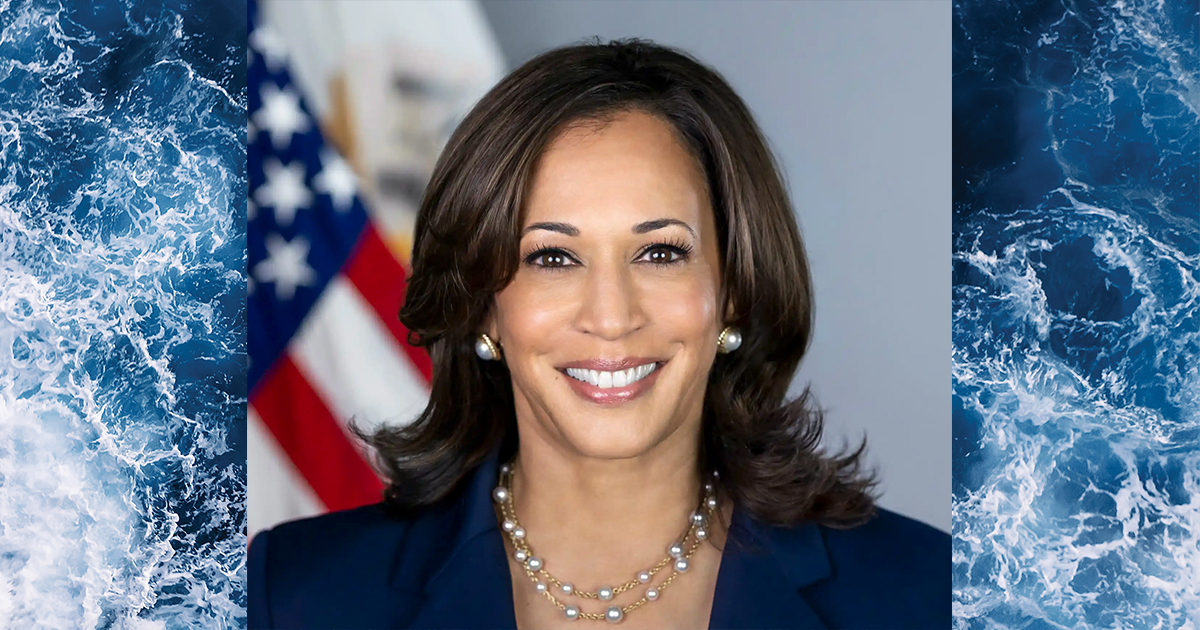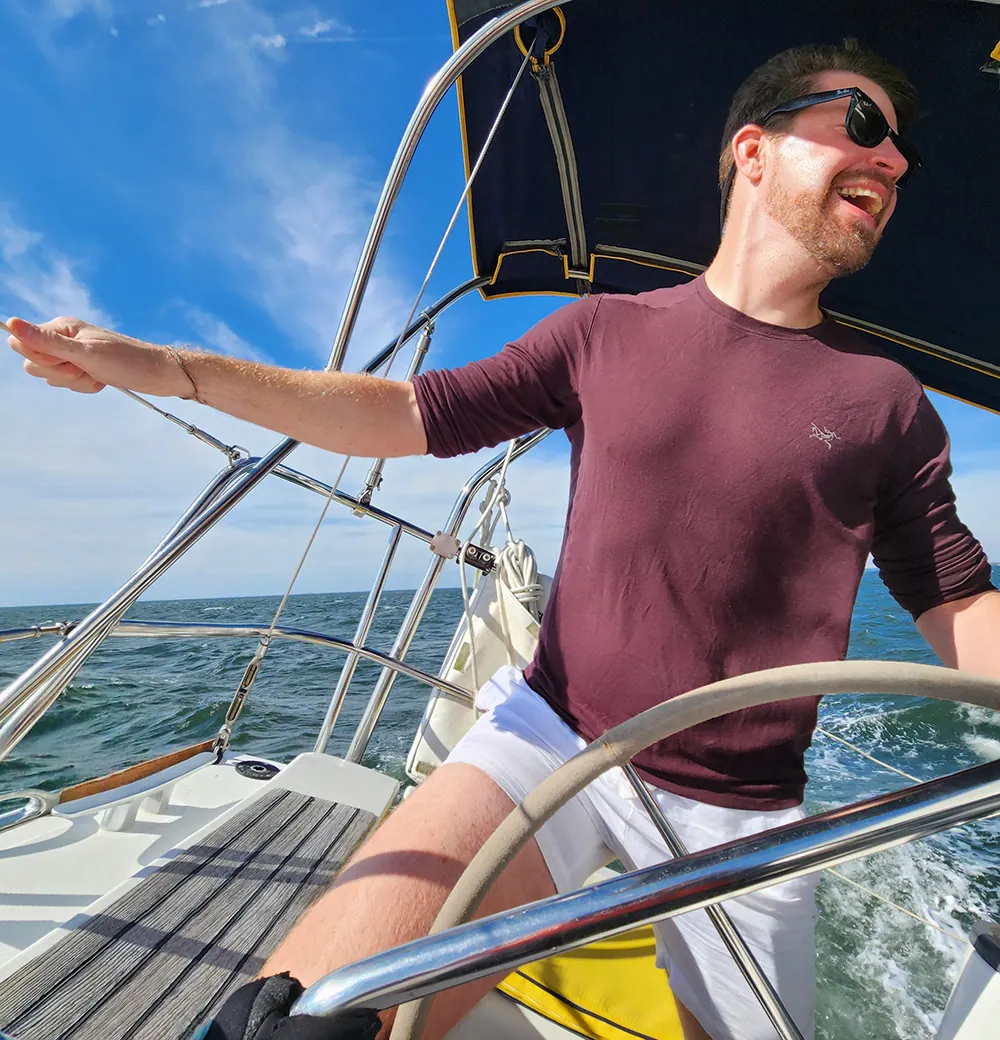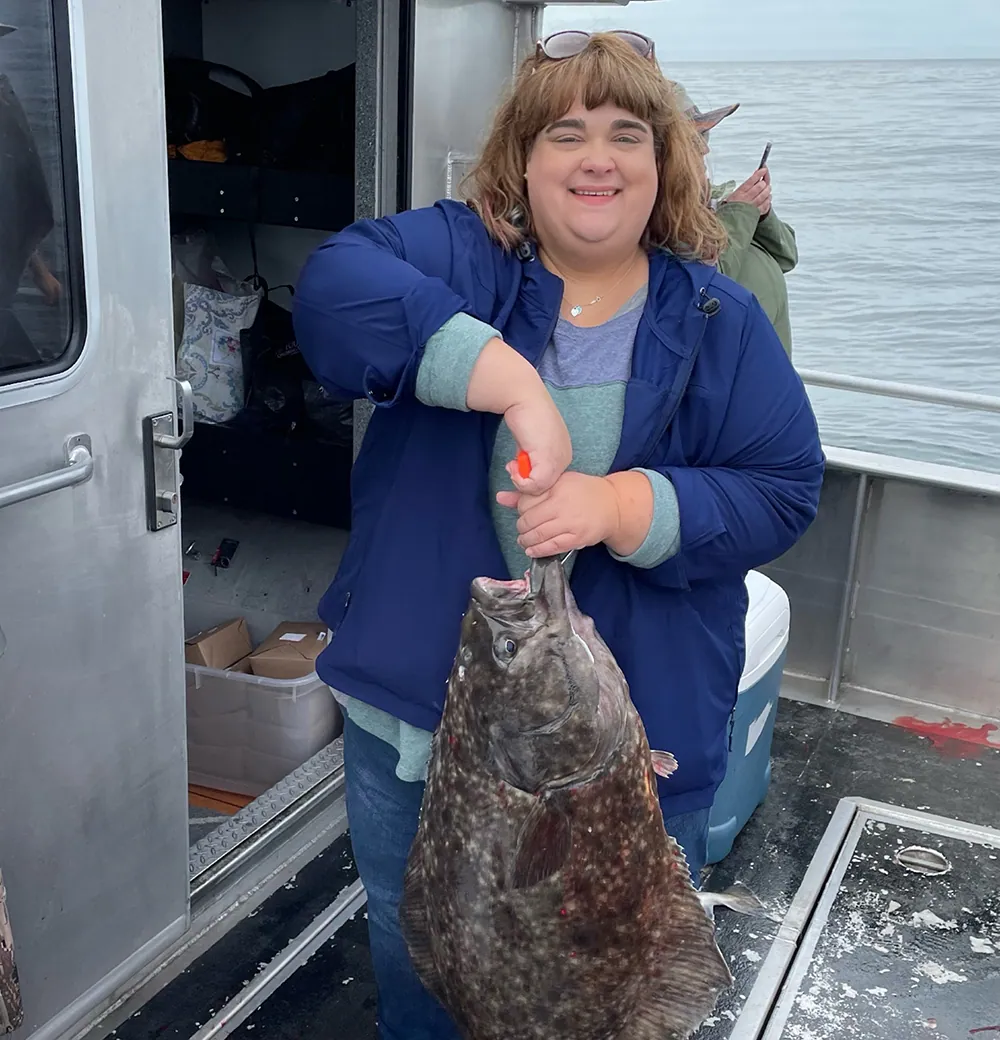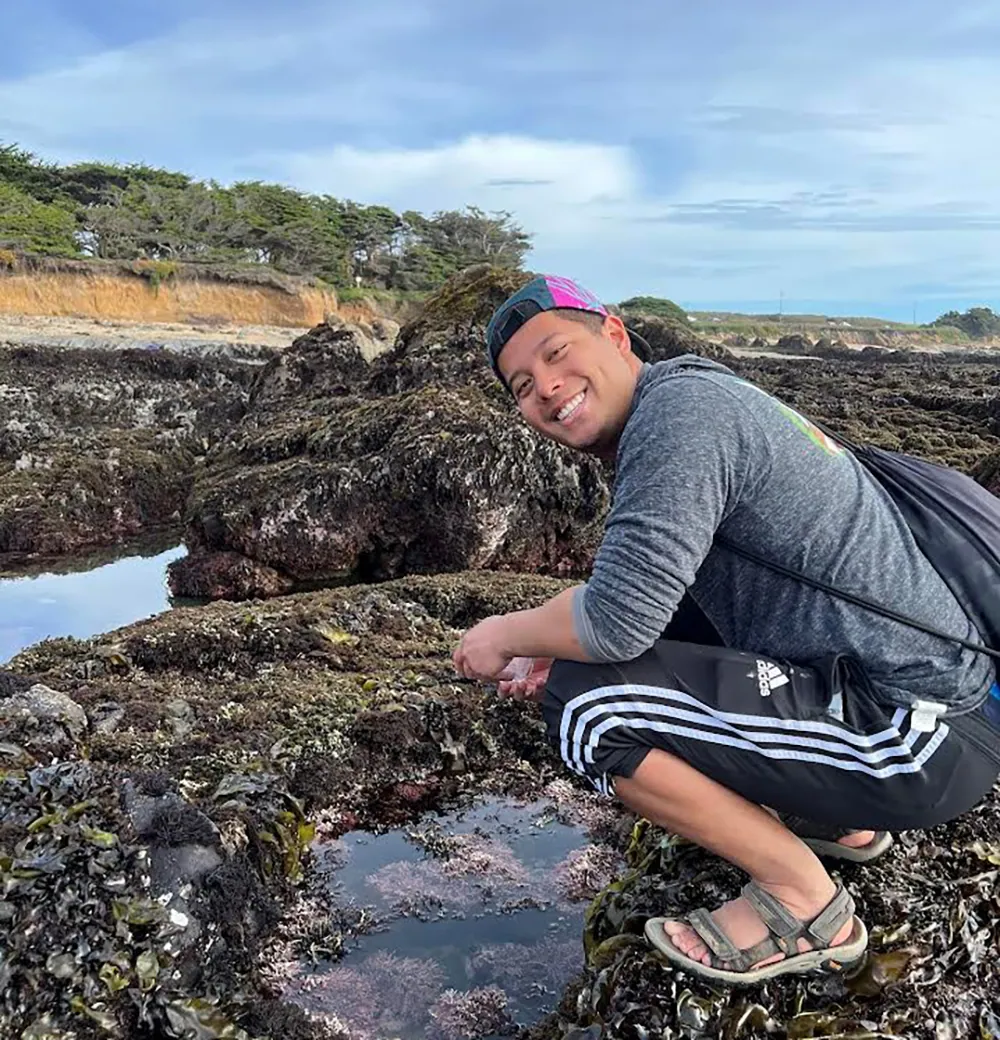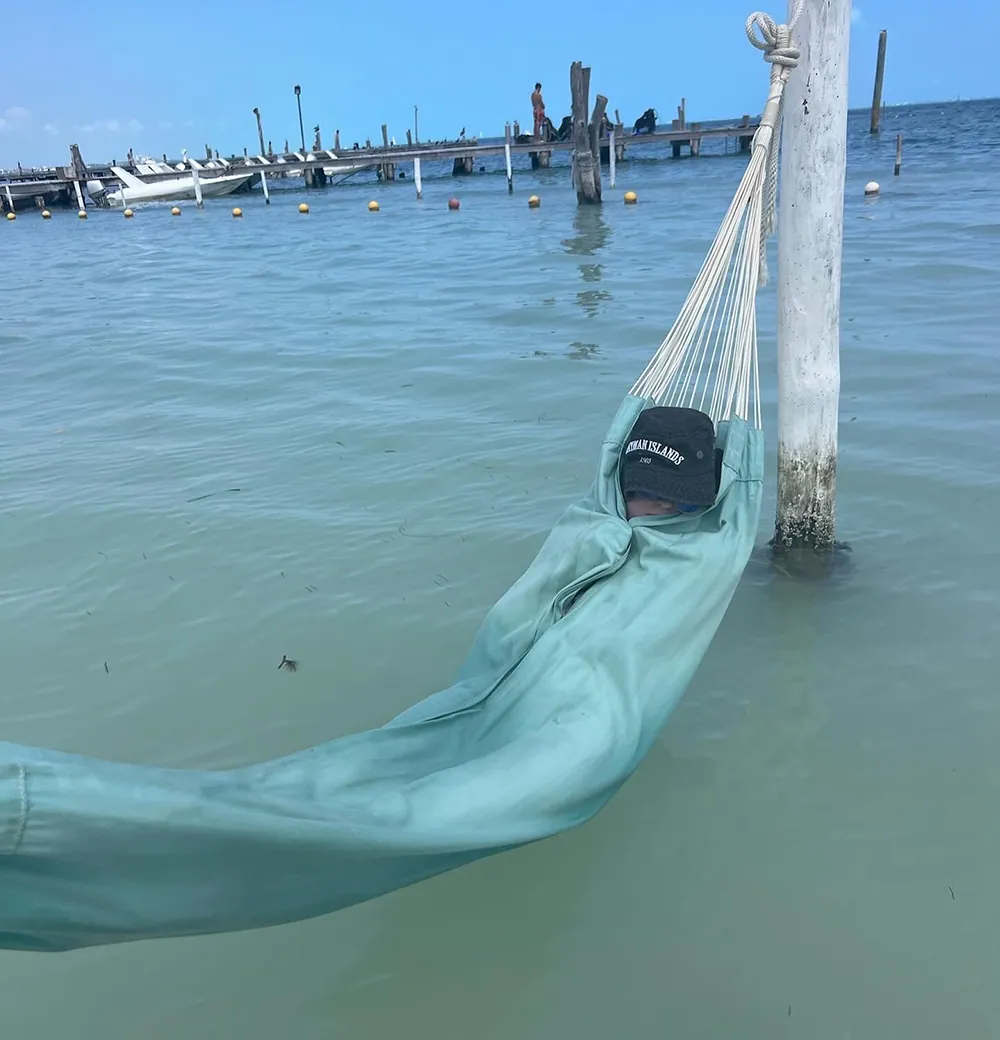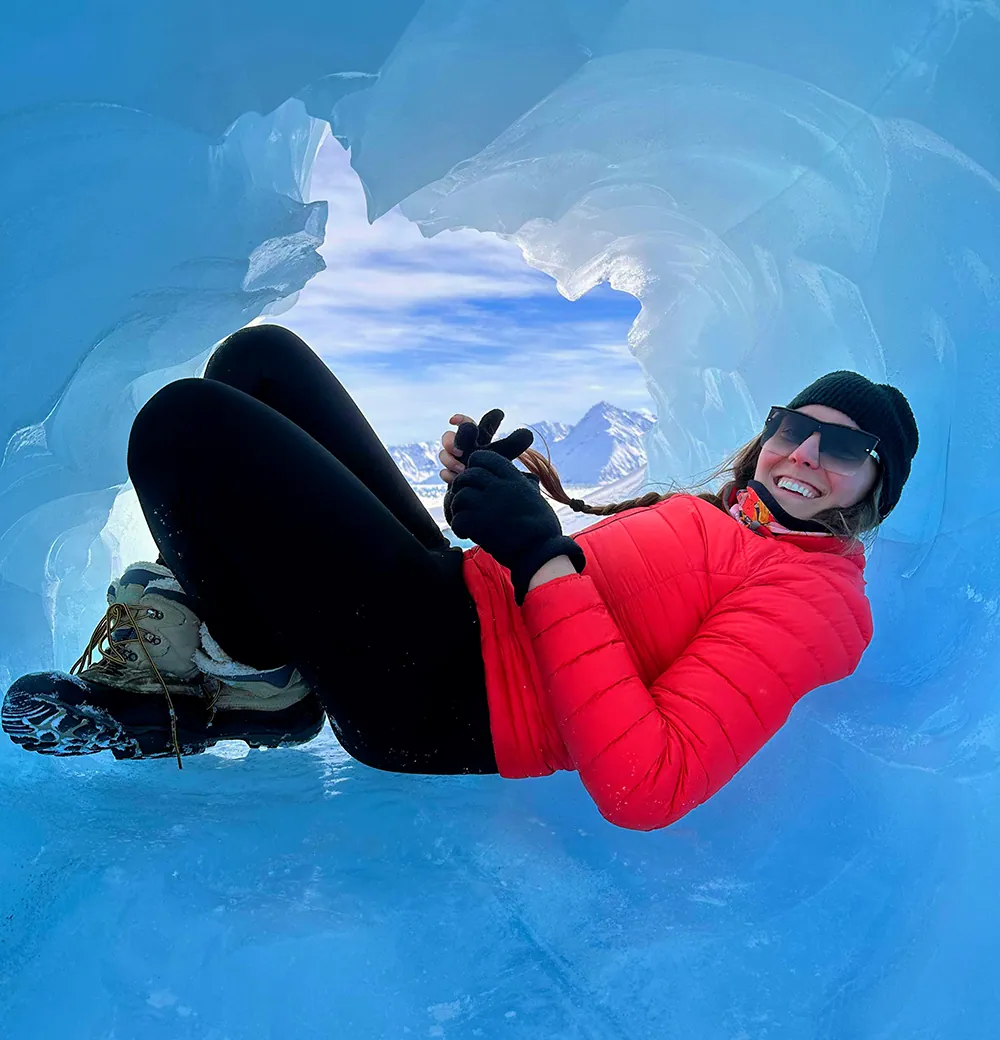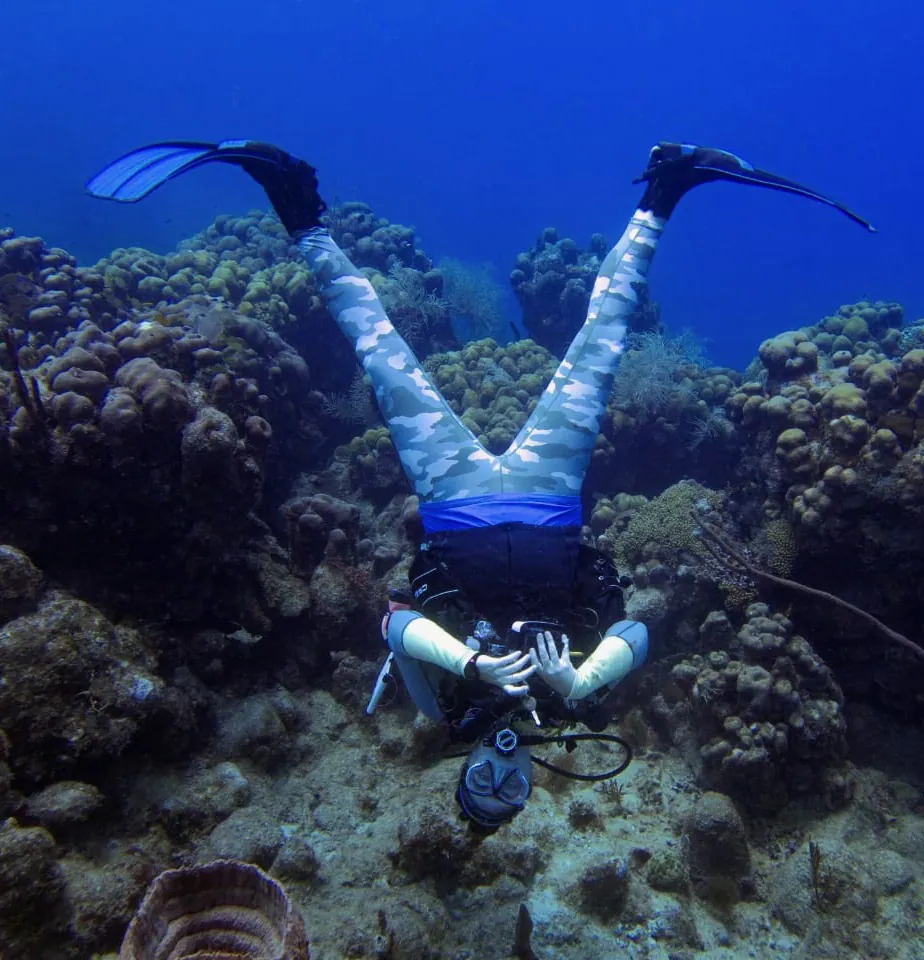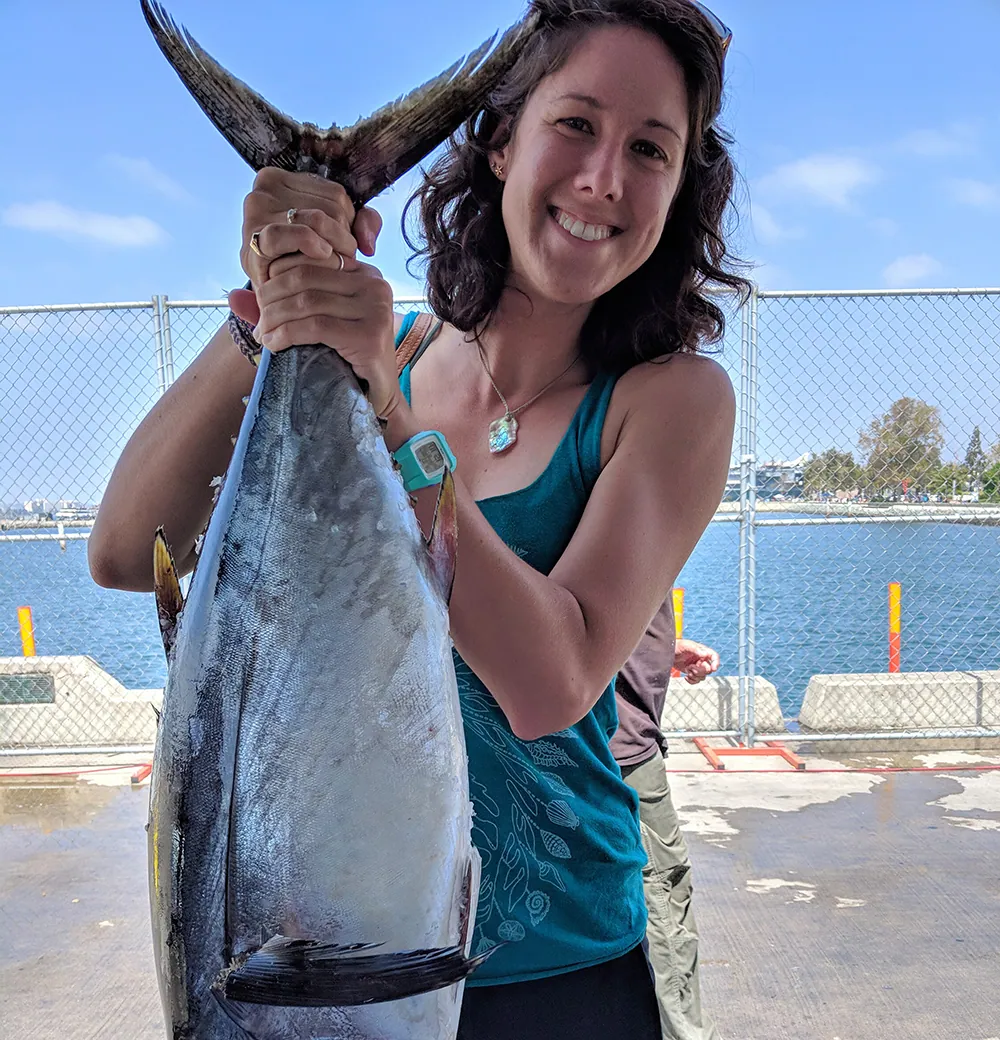Over the weekend, U.S. President Joe Biden announced he will not seek reelection, endorsing Vice President (VP) Kamala Harris as the Democratic candidate to run in his place. Harris already inherited Biden’s $100 million campaign warchest, which has doubled since Biden’s announcement, as well as his campaign staff and operations. While she has not been formally nominated, Harris’ candidacy is looking pretty likely. So, we thought it might be helpful to take a look at how a Harris presidency might play out for the ocean.
Next up in this series, we’ll dive into Republican candidate and former President Donald Trump’s ocean priorities.
How Would a Harris Presidency Impact the Ocean?
If elected, Harris would likely maintain many of Biden’s existing policies and priorities once in office, and begin to diverge from Biden’s path as she gets her footing. Ocean and coastal initiatives would likely continue as they are for the first six to 12 months of a Harris administration, but we would expect leadership changes and slow, cordial transitions.
Many recent news stories about Harris’ public service record focus on her positions on crime, but there are also clues in this history about her ocean and environmental priorities. So, what do we know about Kamala Harris?
Before she ran for president in 2020—and eventually became Biden’s running mate and VP—Harris served four years as a U.S. senator from California. We know she’s friendly with the tech industry given her California ties, and that her voting record was more liberal than 97 percent of Senate Democrats in the 117th Congress.
Harris has long been publicly committed to environmental and climate issues. As a district attorney in San Francisco, she created an environmental justice office, supported California’s initiatives to reduce vehicle pollution, and opposed drilling on public lands. She later became an original cosponsor of the Green New Deal, the left-leaning proposed framework for mitigating climate impacts and transitioning the country to clean energy.
But what is her record when it comes to ocean, science, and coastal issues, specifically?
As California’s junior senator, Harris sponsored (drafted and led) a variety of bills related to ocean, coasts, ecosystems, and science. These included the:
- Living Shorelines Act, which aimed to revise the National Oceanic and Atmospheric Administration (NOAA) National Sea Grant College Program. The bill also focused on authorizing NOAA to provide coastal states with grants to assist with climate-resilient living shoreline projects, as well as innovative uses of natural materials and systems to protect coastal communities, habitats, and natural system functions.
- Water for Tomorrow Act of 2020, which aimed to provide assistance for water resources development and ecosystem protection and restoration projects in western states.
- PUBLIC Lands Act, which includes provisions concerning the restoration, economic development, and conservation of (and recreational access to) public lands in California.
- Preparing Superfund for Climate Change Act, which aimed to include the consideration of climate-related factors, including sea level rise and coastal resilience, when selecting remedial actions for the cleanup of Superfund sites.
- Strengthening Cybersecurity Information Sharing and Coordination in Our Ports Act, which aimed to increase cybersecurity information sharing, facilitated by the Department of Homeland Security, among maritime interests.
- Climate Equity Act of 2020, which focused on how new legislation, regulation, or federal investments related to environmental or climate issues could impact frontline communities.
- Environmental Justice for All Act, which aimed to establish several environmental justice requirements, advisory bodies, and programs to address disproportionate health or environmental effects of federal laws or programs on communities of color, low-income communities, or Tribal and indigenous communities.
Harris also cosponsored (signed onto but did not lead) a number of notable ocean and coastal bills during her four years in the Senate. These included the:
- National Estuaries Week Resolution (cosponsored every year she was in the Senate)
- Driftnet Modernization and Bycatch Reduction Act, a bill that expanded the definition of large-scale driftnet fishing to prohibit the use of gillnets—with a goal of reducing bycatch (now law).
- Shark Fin Sales Elimination Act, a bill that made it illegal to possess, buy, sell, or transport shark fins in the U.S. (now law).
- ANTIQUITIES Act, which aimed to codify federal agencies’ authorities to manage national monuments, including marine monuments administered by NOAA (such as the Northeast Canyons and Seamounts, Pacific Remote Islands, Rose Atoll, Marianas Trench, and Papahānaumokuākea Marine National Monuments).
- Wildlife Corridors Conservation Act, which aimed to establish a National Wildlife Corridor System and provide for the designation and management of the corridors on federal land and water.
- Safeguarding America’s Future and Environment Act or the SAFE Act, which aimed to require the development of strategies to help fish, wildlife, and plants adapt to extreme weather events and other climate impacts.
- Protect America’s Wildlife and Fish in Need of Conservation Act of 2019, which would nullify Trump-era rules that revised regulations relating to the listing of endangered or threatened species.
Of course, this legislative leadership doesn’t give us a crystal ball into where Harris would land on these issues if elected president, but it does give us some insight into her thinking and positions on topics like climate resilience, fisheries and ecosystems, and environmental justice.
Either Way: We’ve Got Another One-Term Presidency
We’ve had a new President every four years since 2017, and we will again in 2025. That may not sound all that strange, but the last time we had a one term president was in 1993 when George H. W. Bush lost to Bill Clinton after four years in office. Only one other time in our country’s history have we had two back-to-back, one-term presidents: Gerald Ford and Jimmy Carter (1974-1981).
We are headed into our third consecutive term with a new (or newly elected) president and a new administration for the first time since 1981, and for only the second time in our history.
There are some consequences to all this change. Every new administration remakes the executive branch to suit their policy priorities. That means all new political nominees and appointees leading every federal department, agency, and commission. New executive orders, many of which rescind the previous president’s efforts. It takes A LOT of time and energy to get things up and running and shift the trajectory of the huge ship that is the United States government.
New people, policies, and priorities every four years means more effort. For advocacy groups and organizations working to support or influence outcomes at the federal level, they have to spend tons of time in the first year or two working with the transition teams to help steer nominations and policy priorities, keeping track of new people and initiatives, introducing themselves to all the new leaders, and reimagining where their priorities fit within the new landscape.
It’s A LOT of work to keep up with all the changes. That’s one of the critical services we provide our clients – and we’re gearing up to do it all again this cycle. If you need help navigating these changes, contact us: info@espadvisor.com

